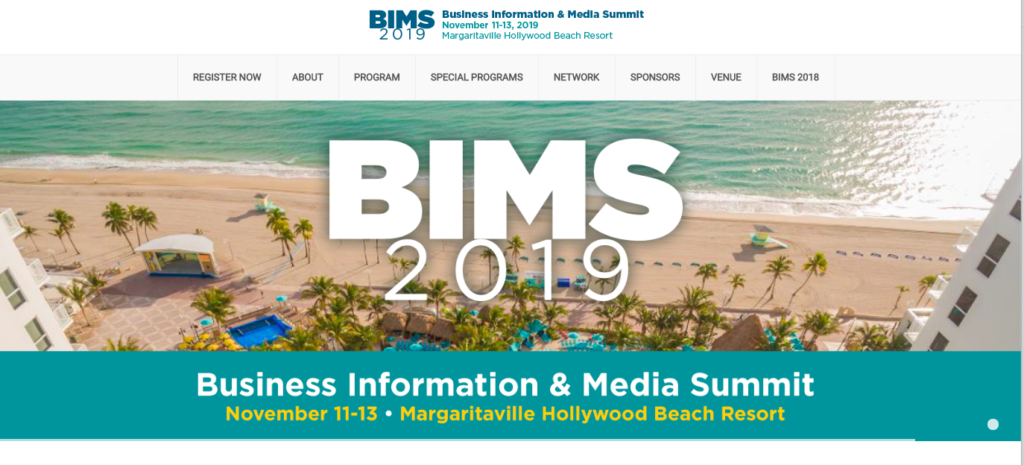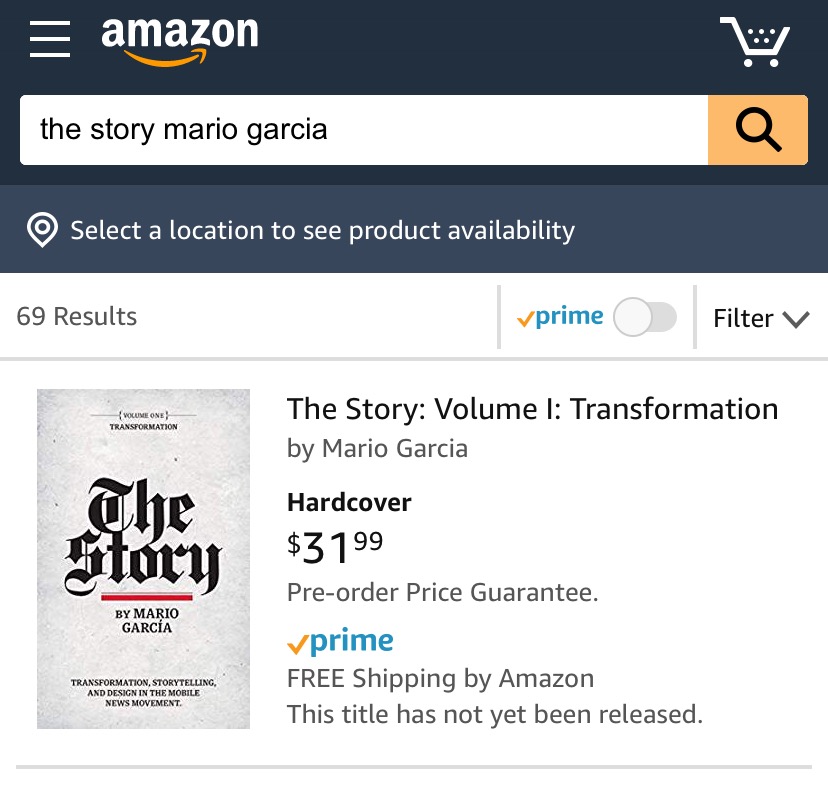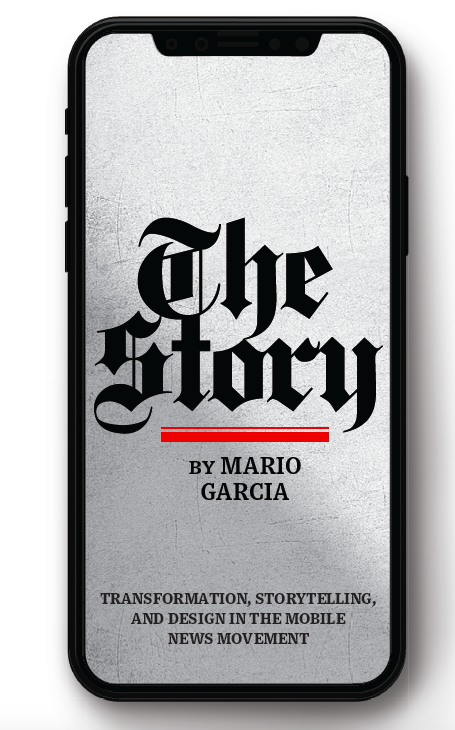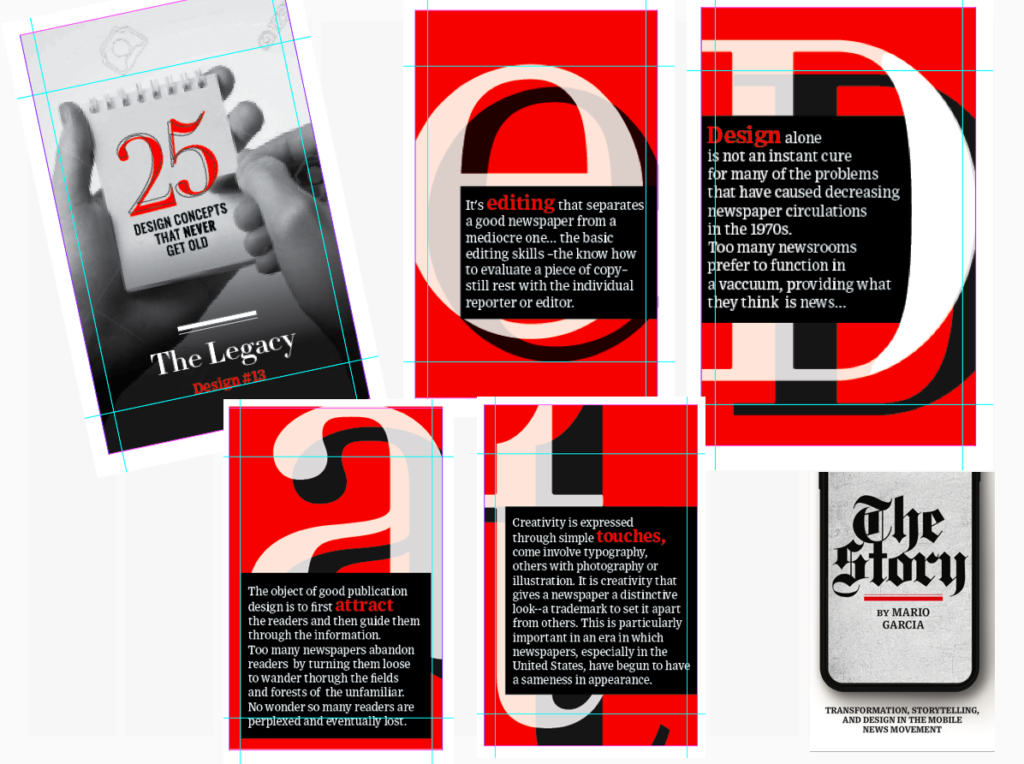I am reading an article in Spain’s El Pais July 30 about the plight of a well known physicist, ranked 22nd among the country’s most quoted scientists, but who failed to make the cut into the supposedly exclusive ANECA, Spanish acronym for the National Association of Quality Evaluation and Accreditation, which certifies who is qualified to be a university professor in the sciences.
The headline for the El Pais piece reads (and I translate): One of the most quoted Spanish scientists refused as professor.
The article explains in detail that it is quite difficult to make the cut as a professor, regardless of a person’s scientific trajectory , research and publication record and standing within the scientific community. The ANECA organization is associated with the Ministry of Science.
I am not aware that such an organization exists in the United States, although I know that professors can belong to professional organizations. However, in my experience, each individual university is in charge of establishing search committees that, in turn, interview and select faculty members for the various departments.
Why my interest in the topic
I have been an academic for many years of my career, first teaching at Syracuse University (NY), University of South Florida (FL), Miami=Dade College (FL), and currently serving as Senior Adviser on News Design and Adjunct Professor at Columbia University’s Graduate School of Journalism. I have also served as Director of The Poynter Institute for Media Studies’ Visual Journalism program.
I have seen how some of the best minds and most recognized experts in their respective fields fail to deliver when in front of a class.
Knowledge of the subject matter is NO guarantee that the person possessing such knowledge will be able to transmit it.
Time after time I have sat through boring, painfully delivered presentations from big marquee name presenters, stars in their fields, often masters of research and investigation in their subject matter. But totally zero as teachers.
So perhaps the Spanish organization is on to something here, although I still think it should be to individual universities to select their faculty.
What makes for a good professor?
Not an easy question to answer. I can only speak from my own experience. However, I see these three criteria as the most important:
- Ability to present information in an easy to understand manner. Simply because an individual is at the peak of his/her career with absolute knowledge of the field does not mean that the class should assume the students understand it all. Good professors believe in scope and sequence, adapting the material to the level of the students and their subsequent progress in class.
- Ability to concentrate on the subject matter and NOT on the telling and retelling of war stories that may be fascinating to the professor, but to which students can’t relate fully.
- Ability to change course and deviate from the course syllabus when the class needs extra time, or when subjects of great interest appear serendipitously.
Of course, we need to add such qualities as empathy, ability to listen, ability to learn from the students.
Finally, the best professors are not only passionately in love with the subject they teach, but they also LOVE the idea of teaching and passing on information to the next generation.
Nothing beats that moment when a student “gets it”.
That’s one of the reasons that I continue to teach, even if it is only one course, once a week at Columbia.Teaching is rejuvenating. It gives me a sense of fulfillment, of passing the baton to the next generation.
The difficult to measure part of teaching is the passion the individual still think that it might be difficult for an official “organization” to be able to measure this last criteria. A search committee in an in person interview may be best suited to do so.professor puts into it.
Read the El Pais piece (in Spanish):
https://elpais.com/elpais/2019/07/28/ciencia/1564331799_620632.html
Mario’s speaking engagements
Nov. 12

Keynote presentation: Business Information & Media Summit (BIMS).
Order print edition of The Story from Amazon

You can order the print edition of my new mobile storytelling book, The Story, from Amazon already here:
Pre-order The Story

The newspaper remains the most powerful source of storytelling on the planet. But technology threatens its very existence. To survive, the Editor must transform, adapt, and manage the newsroom in a new way. Find out how, pre-orderThe Story by Mario Garcia, chief strategist for the redesign of over 700 newspapers around the world.

Order here:
https://thaneandprose.com/shop-the-bookstore?olsPage=products%2Fthe-story

The Story will also appear in print
I am happy to announce that we will, indeed, have a print edition of my mobile storytelling book, The Story. I thank you for expressing your interest to our publisher, Thane Boulton, of Thane & Prose. Now the print edition will be a reality, and you can already see the cover and back cover here:

An interview of interest
http://www.itertranslations.com/blog/2019/3/11/fd60ybflpvlqrgrpdp5ida5rq0c3sp
TheMarioBlog post # 3090